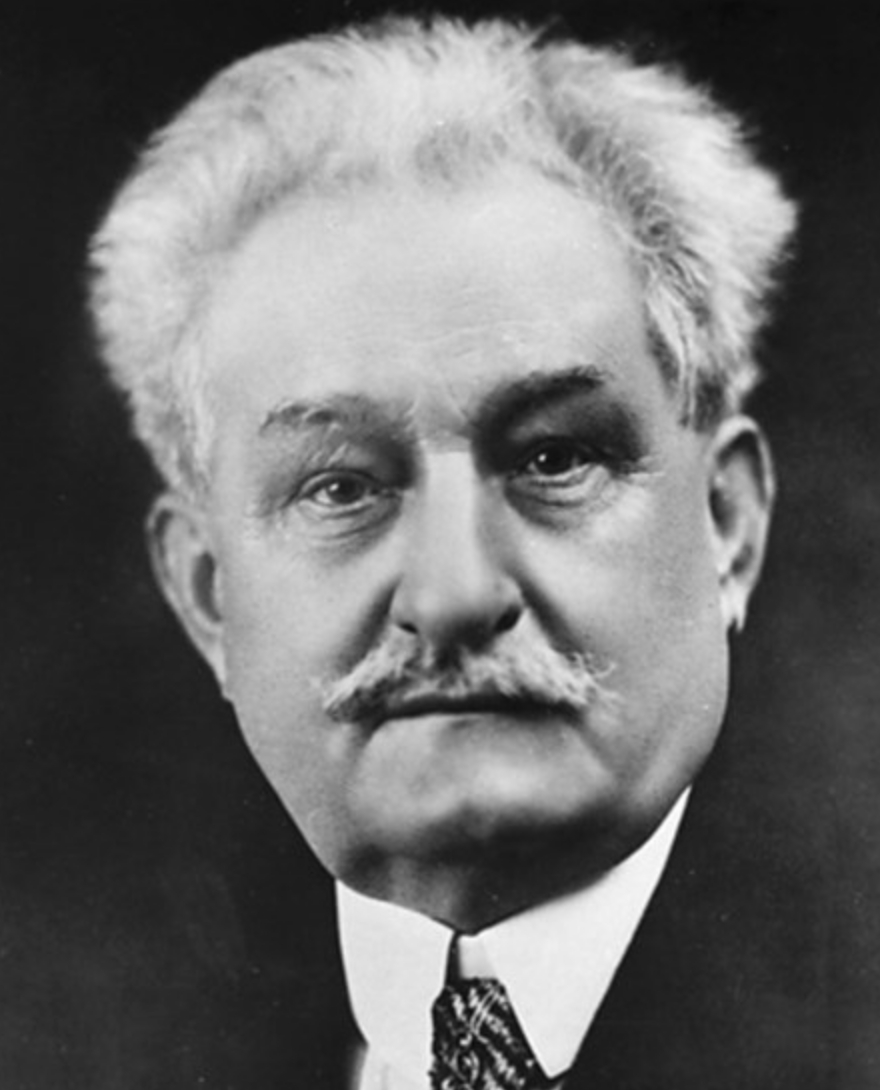On this date in 1854, Czech composer and librettist Leoš Janáček was born in Hukvaldy, Moravia, then part of the Austrian Empire. Baptized as a Catholic, at age 11 he became a ward of the foundation of the Abbey of St. Thomas in Brno, took part in choral singing and played the organ and piano. In 1874 he enrolled at the Prague Organ School and graduated with high marks.
He began earning a living in Brno as a music teacher and choir director while writing his first vocal compositions. One student was Zdenka Schulzová. They married when he was 27 and she was 15. In association with the Augustinian Monastery, he founded a college of organists and directed the group until 1919. He also directed the Czech Philharmonic Orchestra from 1881-88.
Janáček was a prolific composer of orchestra, chamber and vocal works, from operas to church music, and was a folklorist during one period, using a repertoire of folk songs and dances in orchestral and piano arrangements. In 1919 he became a professor of composition at the Prague Conservatory. Along with Antonín Dvořák and Bedřich Smetana, he’s considered one of the most important Czech composers.
He was prone to rejecting conventional religious beliefs and disclaimed any faith in an afterlife. In 1918 he wrote to Zdenka: “[Playwright Gabriela] Preissová believes in the soul and in its wandering, and I know that all is just a process of life which ends so quickly — and there is no continuation. And I’d like now to live long.”
After the deaths of two children, his son Vladimir in 1890 and daughter Olga in 1903, the couple’s marriage foundered, hampered by Janáček’s attraction to other women. While the couple remained together, it was a marriage in name only until his death at age 74. (D. 1928)


